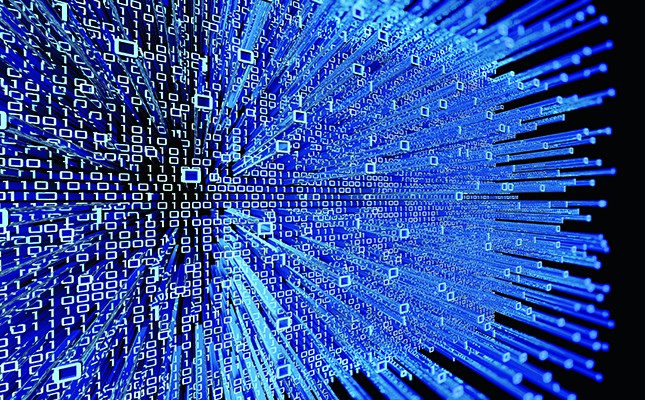BDSI Interactive Seminar Series - Monday 25 November
Dr Alex Whan (CSIRO) presents 'Repset: A Reproducible, Extensible and Portable Framework for Evaluating Computation Tools' and A/Professor Conrad Burden (MSI) discusses 'Sampling Distributions from a Neutral Multi-allele Wright-Fisher Diffusion with Applications to Estimating Mutation Rate Matrices'.
Speakers
Event series
Content navigation
Description

Dr Alex Whan (PostDoctoral Fellow, CSIRO)
Title: Repset: A Reproducible, Extensible and Portable Framework for Evaluating Computation Tools
Abstract: Reproducibility is valuable, but best practices are often difficult to accomplish. There are a variety of tools that support reproducibility, but orchestrating all of them can be challenging, and can be a distracting overhead from getting an analytical task done.In this talk I will describe repset, a tool we have developed for benchmarking computational tools (in this case aligners). I will discuss the goals we have sought to meet, and how we have used repset to demonstrate:
- programmatic definitions of workflow processes
- deploying analyses in containerised environments
- running workflows in a variety of compute contexts
- scaling compute resources in relation to input requirements
- linking analytical artefacts to code and compute
- enabling extension of the framework for adaptable use
A/Professor Conrad Burden (MSI)
Title: Sampling Distributions from a Neutral Multi-allele Wright-Fisher Diffusion with Applications to Estimating Mutation Rate Matrices
Abstract: Suppose a sample of given finite size is taken from a population which has evolved via a neutral Wright-Fisher diffusion process. What is the distribution of allele types across the sample? This distribution is the site-frequency spectrum of unlinked neutrally evolving genomic sites. We have solved for the stationary and the time-dependent distributions given initial conditions to first order in small mutations rates for an otherwise arbitrary rate matrix Q. Methods used include direct solution of the forward-Kolmogorov equation, the backward generator, and the coalescent. We have also developed methods for inferring maximum likelihood estimates of rate matrices from site frequency data.
Seminars held fortnightly from 2-3pm on Mondays at various locations, light refreshments will follow.
All welcome to attend.
Location
ANU, JCSMR Bldg #131, Seminar Room 1 & 2 (3.377)
